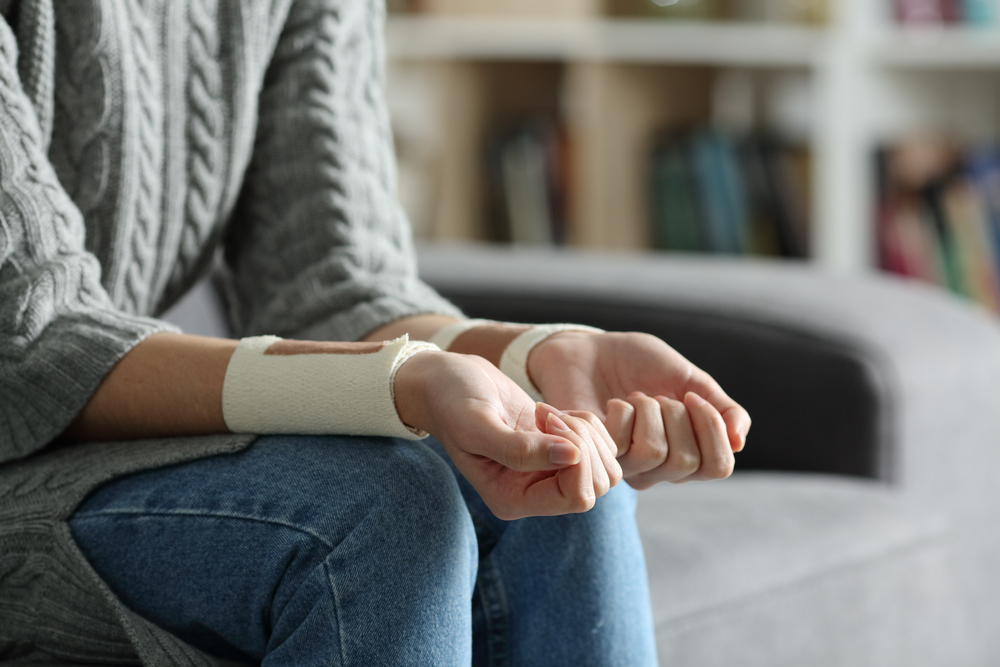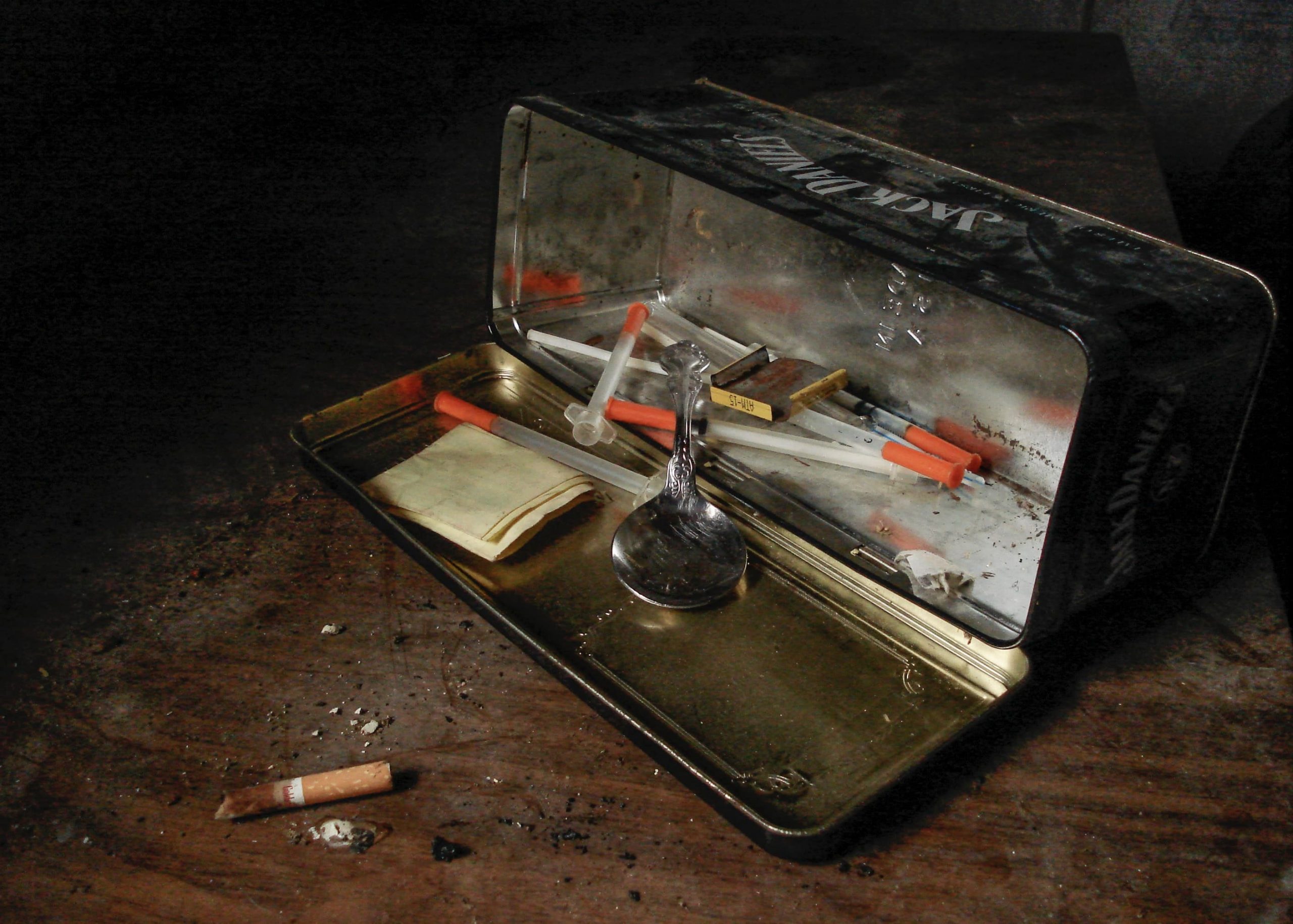Self harm is a horrifying thing for a parent to learn about their child, and if you have recently discovered that your child is injuring themselves on purpose, you may not be sure what to do or where to turn. Knowing how and why teens self harm is the first step in getting the support and professional help they need to overcome their struggles.
What is self harm?
Self harm is when a teen intentionally hurts themselves, often to relieve emotional pain. While the most common image of self harm is cutting (where a teen scratches or cuts the skin with sharp objects), there are many other forms of this practice. Other examples of self harm include burning yourself, biting yourself, preventing wounds from healing, hitting yourself to cause bruises and in extreme cases, breaking your own bones.
Cutting can occur with a range of objects on nearly any part of the body but generally in an area that can be covered by clothing so as not to arouse suspicion. While teen Caucasian girls are most likely to self harm, there are no groups that are exempt from the behavior.
What signs should I watch for?
There are two groups of signs that parents like you should watch for as evidence of self harm. The first group is behavioral clues that your child is suffering some mental pain. Behavior clues might include withdrawing from friends and family, extreme mood swings, poor body image, poor coping skills, depression and stressful events like parental divorce or the death of a close friend or relative.
The physical signs of self harm could include secretive behavior, unusual marks on the body, wearing long sleeves or pants in warmer weather, isolation, fascination with cutting objects like scissors or razors and, of course, obvious physical evidence like scratches, scrapes and scabs.
If my teen is self harming, what can I do?
While your first reaction to finding out your child is self harming may be to panic or scream in shock, you must keep your emotions in check. Asses whether your teen needs medical attention and provide it yourself or visit a doctor. Avoid lectures, judgemental arguments or emotional outbursts. Instead, let your teen know that they need help and that you support them in getting it.
Contact your teen’s doctor to get a referral to a therapist who specializes in adolescent behavior and make an appointment. Take care to remove the items that your teen uses to self harm and don’t let your teen be alone for long periods of time. While self harm rarely means the teen wants to commit suicide, its best to ensure that your teen doesn’t do any further damage to themselves.
Remember that teens who self harm are often very good at disguising their pain as well as the evidence of self harm. Look for the subtle clues and know that self harm can be difficult to identify and detect. The more you know as a parent why it happens and where you can find help.








0 Comments